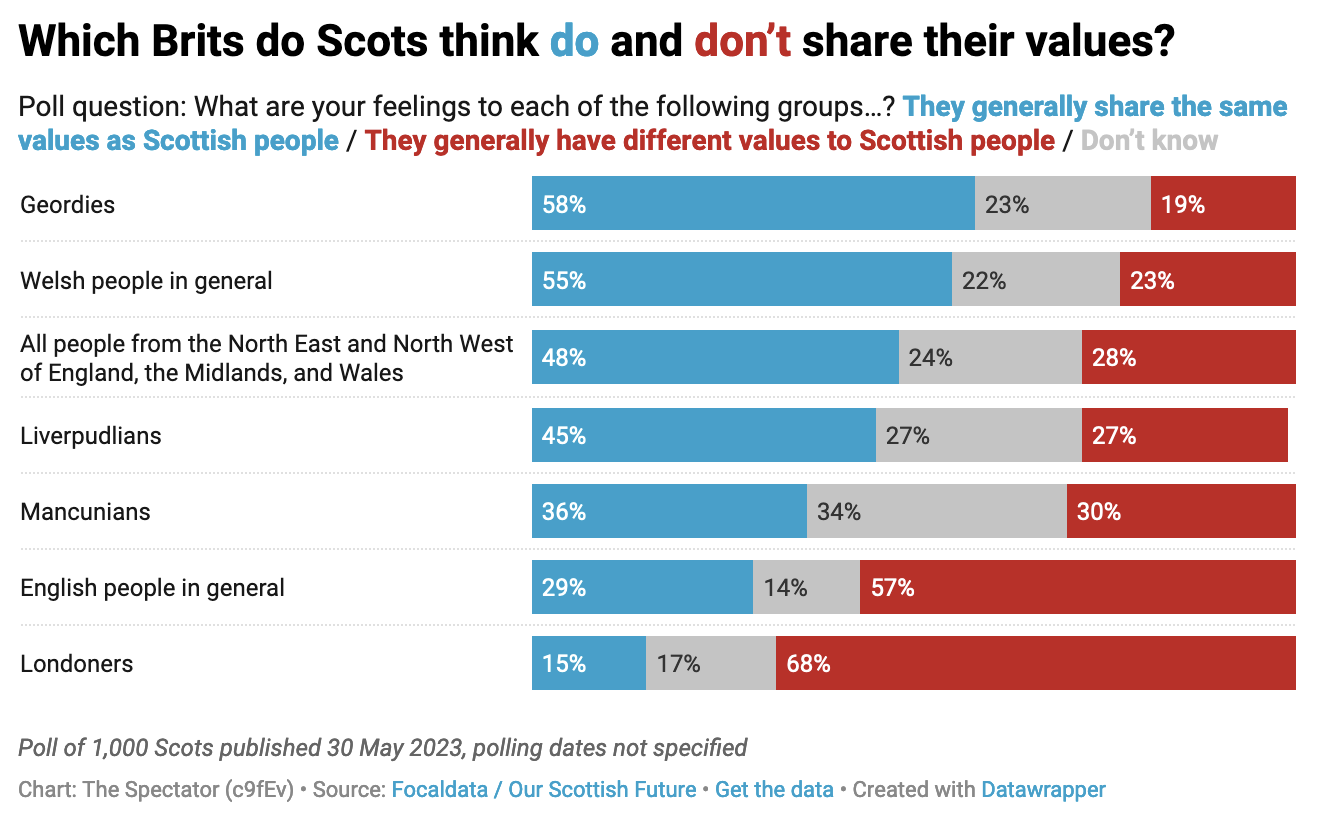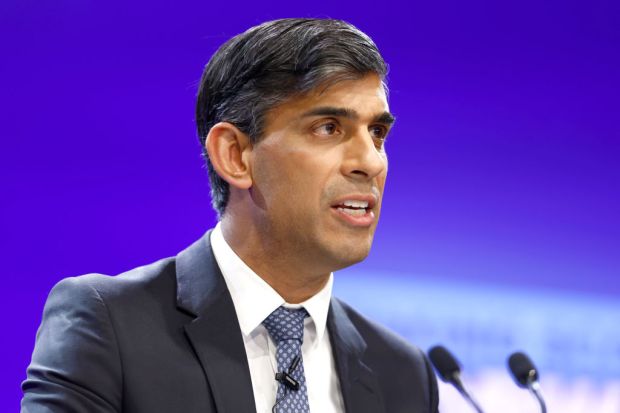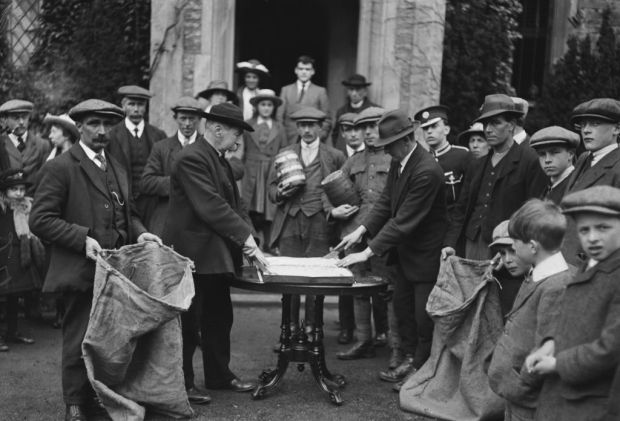Are Scotland and England drifting inexorably apart? To find out if that’s true, at Our Scottish Future, we carried out extensive polling of people across Scotland, Wales and England, asking if they feel negatively or positively about our governing system. Did they feel invisible to people in Westminster? Two thirds of those polled in Scotland said yes. Polling in Wales, and both the north west and north east of England, has produced similar figures.
We pressed Scots further: did they feel common bonds with people across the UK? When it came to Geordies, Liverpudlians and the Welsh, the answer was very frequently yes. It was only when it came to Londoners that this frayed – only 17 per cent of Scots say they feel common bonds with the capital. It is probably right to conclude that those who said ‘no’ were thinking of ‘Westminster’ and ‘Whitehall’ rather than actual Londoners.

The characterisation of Scotland and England moving apart from one another is simplistic; instead, we are seeing a coming together of people across the UK – including parts of the south.
There is an obvious conclusion from these polls, one that cuts across the narrative pushed by the SNP over the last decade. The characterisation of Scotland and England moving apart from one another is simplistic; instead, we are seeing a coming together of people across the UK – including parts of the south.
On both the left and the right, there is a common desire for more economic agency and political control in their communities. And while the two specific issues are very different, the sense of dislocation that lay behind support for Scottish independence and Brexit are not dissimilar.
Michael Gove’s levelling up white paper found common ground with Labour’s commission on the future of the UK: Britain’s gaping geographical divisions are key factors in this demand for change. The gap between our wealthier communities and poorer ones is among the highest in the OECD. Little wonder, then, that people want a more balanced Britain when the economic disparities in the UK are so stark.
Labour’s commission went further, arguing that the economic imbalances were ‘exacerbated by the gross over-centralisation of the UK state – a system of government where power and control are hoarded by a few people in Westminster’. In short, the argument is that economic and political empowerment must go hand in hand. Unless Britain’s regions and nations get more political control, they remain ‘begging bowl’ communities, prone to remote and often inappropriate decision making from the centre.
When leaders from different political traditions separately reach identical conclusions about the way the UK is run, perhaps they might be onto something. In January, the Conservative mayor of Birmingham, Andy Street, spoke of how ‘Whitehall’s bidding and begging-bowl culture is broken’. He continued: ‘The sooner we can decentralise and move to proper fiscal devolution the better.’ Street’s unlikely ally was former Labour prime minister Gordon Brown who, earlier this week, spoke of Britain’s need for ‘major reform’ so that ‘the way we run ourselves is more democratic, less corrupt and more responsive to the wishes of people from across our diverse nation’.
The case for reforming the UK state will, at a rally tonight in Edinburgh, be redoubled by a series of leaders from around Britain. Brown will be joined by Welsh First Minister Mark Drakeford, Manchester mayor Andy Burnham and West Yorkshire mayor Tracy Brabin. The quartet will set out a joint message: Britain is wildly over-centralised. They will call for more political power to be pushed into our cities and regions. Westminster and Whitehall, they believe, are in dire need of fundamental reform.
It is not all one way, however. Britain should not be Balkanised. What the leaders this evening are demanding is a new way to ‘do’ Britain, to improve our cooperation with one another. What better example to use than Scotland? When powers were devolved to Edinburgh 25 years ago, Whitehall effectively carried on pretty much as before. Flimsy institutional arrangements were made to ensure the existence of ‘shared’ government as well as ‘self’ government for the country – with deeply damaging results. Who would have thought that when a nationalist administration took over in Edinburgh in 2007 that these wafer-thin arrangements would be exploited and used to muster grievance and division?
A new Britain, governed by the twin principles of solidarity and subsidiarity, is urgently needed. It will work for England’s regions. It will assure Scots that they can have more power within the Union. It is essential to rewire Britain to give its people and their communities the agency and control they seek.
Got something to add? Join the discussion and comment below.
Get 10 issues for just $10
Subscribe to The Spectator Australia today for the next 10 magazine issues, plus full online access, for just $10.




















Comments
Don't miss out
Join the conversation with other Spectator Australia readers. Subscribe to leave a comment.
SUBSCRIBEAlready a subscriber? Log in